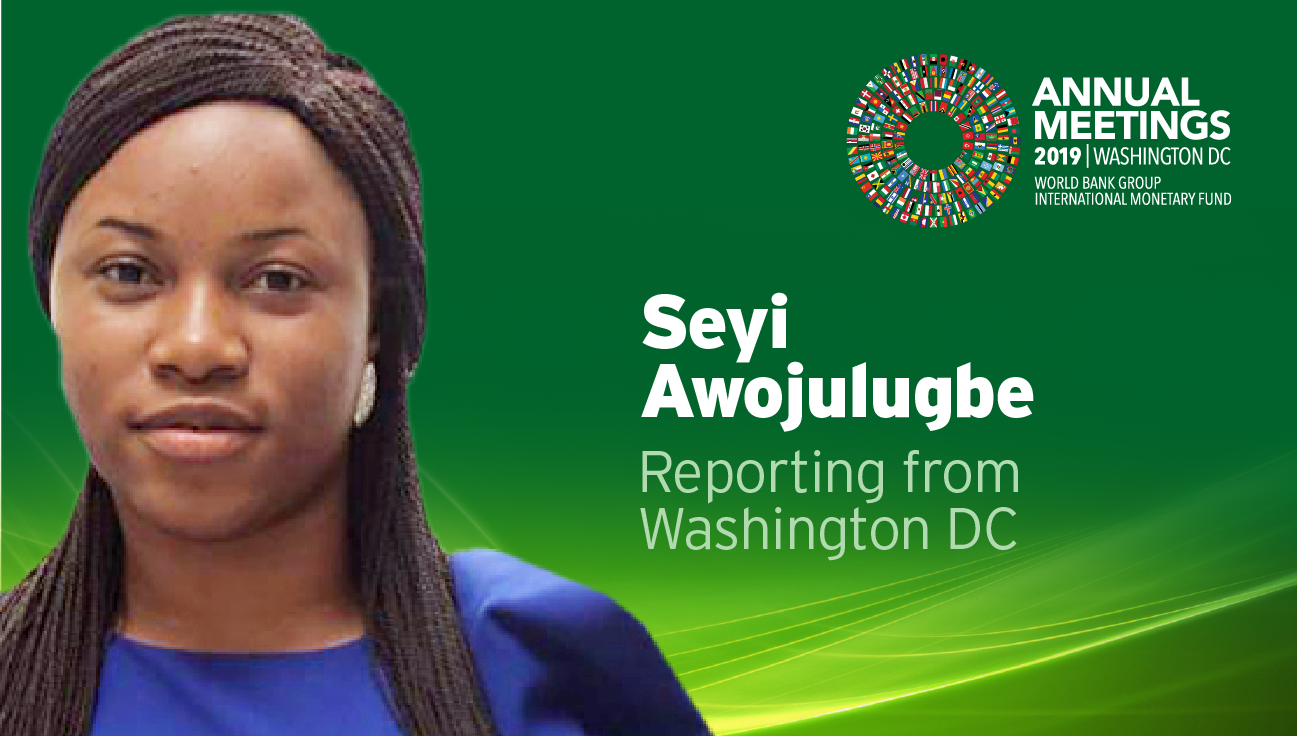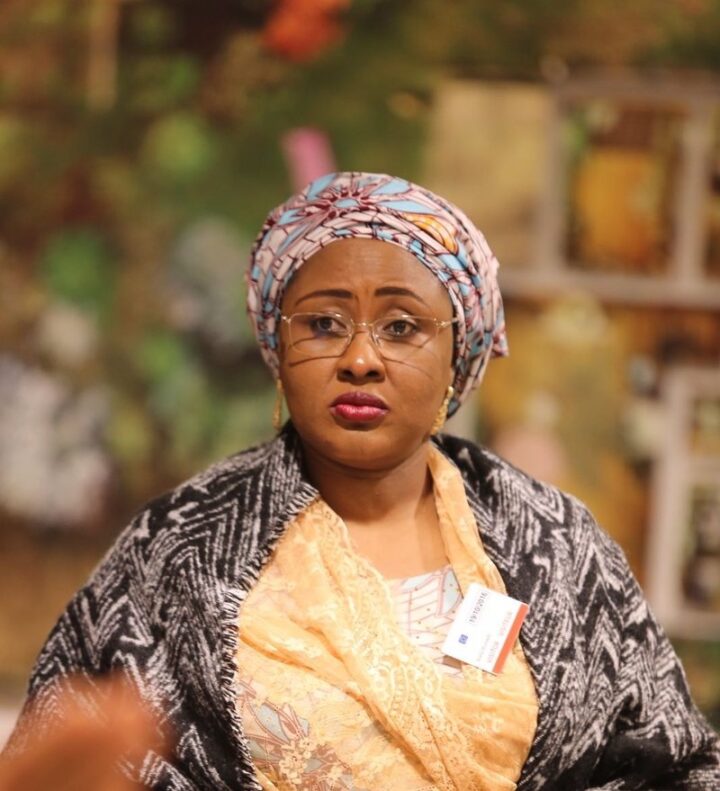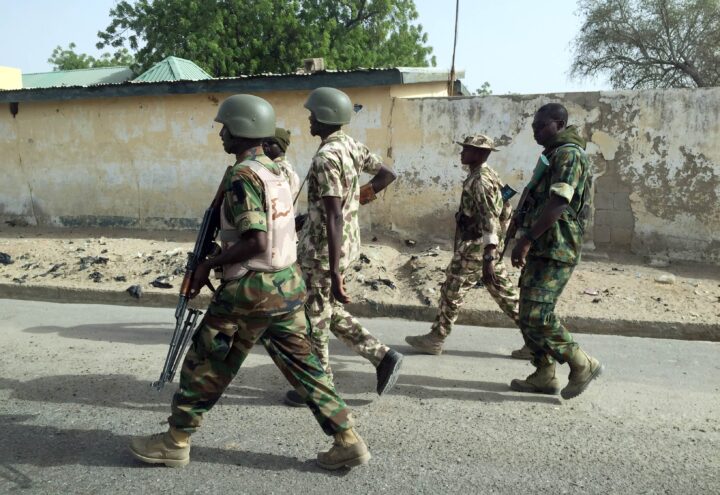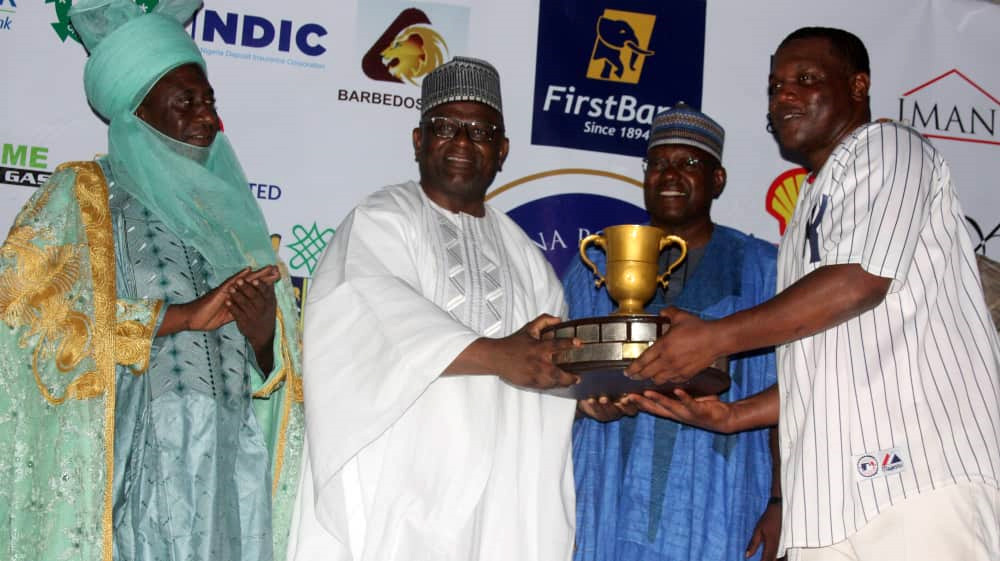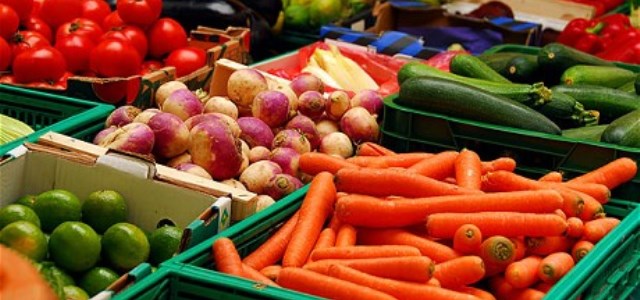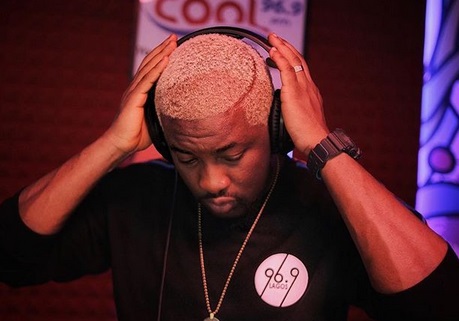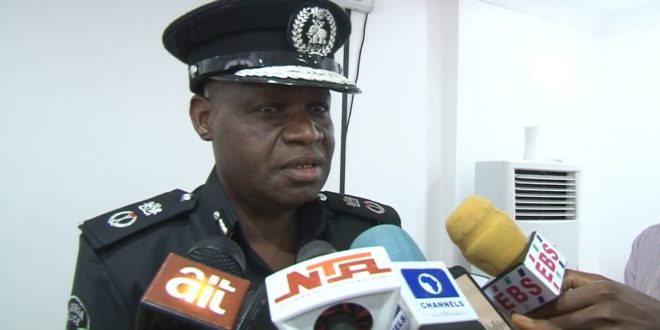It has been a year since Nigeria was named the poverty capital of the world, six months since Nigeria’s excess crude account was named the second-worst globally and three weeks after its top 20 Ease of Doing Business reformers ranking.
At its 2019 annual meetings that begin on Tuesday, October 14, the International Monetary Fund (IMF) and World Bank Group, Nigeria’s economic game players will gather alongside counterparts from other countries to deliberate on the way forward.
The business and finance world — led by the Bretton Wood institutions — will converge on Washington DC with a focus on gender equality, human capital investment, cryptocurrencies, sustainability and private sector investment.
TheCable’s Oluseyi Awojulugbe is in Washington DC to bring you real-time updates on the decisions reached by global players, with specifics on how these decisions will affect Nigeria and Africa.
Advertisement
Some of the Nigerian delegates at the meetings are Zainab Ahmed, minister of finance, Godwin Emefiele, governor of the Central of Nigeria, and Aishah Ahmad, CBN deputy governor for financial system stability.
October 15
The World Economic Outlook, where the IMF announces its projections of Nigeria’s GDP growth in 2019 and 2020, will be unveiled on Tuesday.
Advertisement
Later on Tuesday, there will be a session on the trends in global energy and when consumption peak. There will also be an analytical session on the taxation of offshore indirect transfer of assets.
October 16
On Wednesday, civil society organisations will present proposals to tackle the current debt wave in the world and female economic inequality.
The IMF will also release its Fiscal Monitor, which will focus on the use of fiscal policies to mitigate climate change.
Advertisement
Winnie Byanyima, the executive director of Oxfam International, will sit with other panellists to deliberate on how to help countries strengthen social spending.
IMF economists will hold an analytical session on the African Continental Free Trade Agreement as it relates to the continent.
Civil society organisations will also deliberate on if the public register of beneficial ownership is essential or overhyped.
October 17
Advertisement
On Thursday, Zainab Ahmed will hold on a session with Abebe Selassie, director of IMF’s Africa department on strengthening domestic revenue mobilisation. In a later session, Aishah Ahmad will speak on cybersecurity in sub-Saharan Africa.
Sessions like ‘Connecting Africa through Broadband: A Roadmap for Inclusive Growth’, ‘Learning Poverty: Building the Foundation of Human Capital’, ‘The Role of the World Bank in Facilitating Stolen Asset Return’, and ‘Towards a Global Green New Deal – Financing for a Sustainable Future’ will set the agenda for developmental growth in countries.
Advertisement
October 18
The spotlight will be on the private sector and anti-corruption on Friday with sessions on job creation in emerging market economies, leveraging private sector engagement on health and financial disclosure systems for public officials.
Advertisement
October 19
On Saturday, there will be a ‘State of the Africa Region’ session with a focus on how women empowerment can transform Africa.
Advertisement
October 20
Godwin Emefiele, Zainab Ahmed and other Nigerian delegates will hold a press briefing to give details of the takeaways for Nigeria from the meetings.
Add a comment

